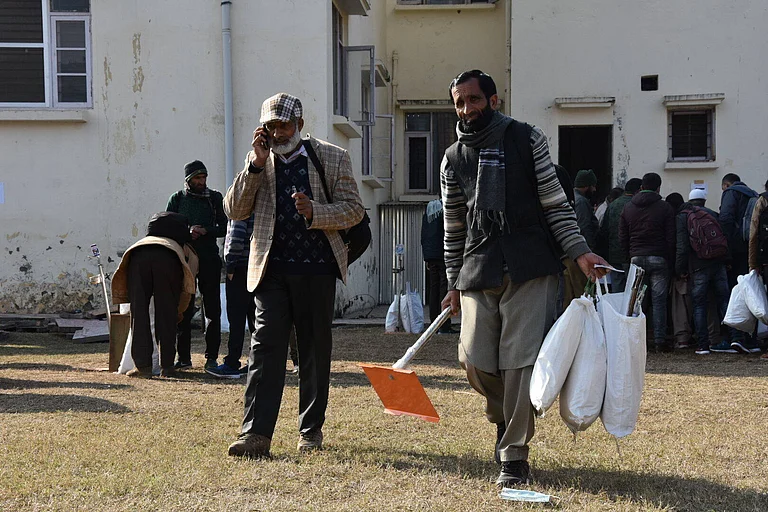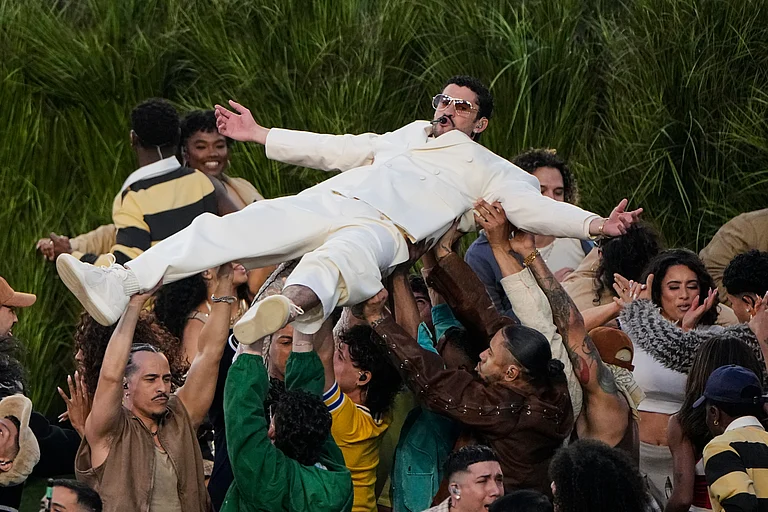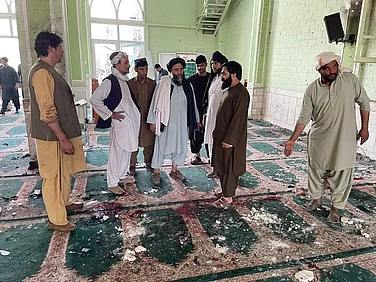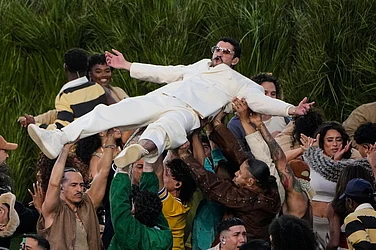With the escalation of the Israel-Palestine war following the attacks by Hamas as an effort to liberate Palestine from the claws of decades-old Israeli occupation, the questions surrounding the engagement of allies especially Iran are coming up. Could Hamas orchestrate the attacks alone without the support of any bigger power? Or was it an effort of Iran to somehow or other affect the growing relationship between Saudi Arabia and Israel?
The US Deputy National Security Adviser Jon Finer, in his speech, has accused Tehran of complicity. “What we can be quite clear about is that Iran is broadly complicit in these attacks for having supported Hamas going back decades,” said Finer during a show on ABC. However, adding that they still don’t have any ‘direct information’, he continued, “What we don’t have is direct information that shows Iranian involvement in ordering or planning of the attacks that took place over the last couple of days. It’s something that we’re going to keep looking at closely.”
Iran’s mission to the United Nations, on the other hand, in a statement, denied their engagement and called the attack, “fiercely autonomous and unwaveringly aligned with the legitimate interests of the Palestinian people.” The Western media, nevertheless, are reading this statement as Iran’s commitment to the cause of Palestinian independence.
The interesting question, as CNN points out, lies in the strained relationship between Hamas and Iran. Though for the last few years, their relationship turned better, Tehran never took Hamas' closeness to Syrian President Bashar al-Assad lightly. But with time things changed. The US State Department in its 2021 report noted, “Regionally, Iran supported acts of terrorism in Bahrain, Iraq, Lebanon, Syria, and Yemen through proxies and partner groups such as Hezbollah and Hamas.” The latest engagement of Lebanon on the war front has made it further complicated.
As per reports of The Times of Israel, the Lebanese group Hezbollah launched “anti-tank guided missiles at an Israeli army post on the northern border.” According to the Israel defense force, they have also responded to it with a drone strike at Hezbollah post. So, Iran’s alleged support to these groups is being closely srcutinised by the global powers.
The allegations of Western media like the Washington Post, however, brought in another perspective to endorse their hypothesis of Iranian engagement. In its article titled, “Iran’s role in Israel conflict is like a Russian Nesting Doll’, the newspaper claims that Iran is no longer the vulnerable power it used to be. The geopolitical scenario, the author of the piece Marc Champion thinks, has changed since the war in Ukraine. The alleged role of Tehran in supplying attack drones to Russia has given it a strong international foothold.
Andrey Gurulyov, currently a member of Parliament from the ruling United Russia Party, two days ago in his Telegram channel, said, “We and China will not allow the adoption of an anti-Iranian resolution in the UN Security Council.” Though he is not a part of the Kremlin, his unequivocal support for Iran could not be read down.
However, such allegations of Tehran sending drones to Russia have been debunked by Iranian President Ebrahim Raisi. Last month, on the sidelines of the meeting of high-level leaders at the United Nations General Assembly, he said, “We are against the war in Ukraine”. Reiterating that Tehran and the Kremlin have been sharing good relations for years, he asked the accusers to submit documented evidence to show that they are sending drones to Russia.
Criticising the role of the US, he also added, “We believe that if the Americans stop interfering in the countries of the Persian Gulf and other regions in the world, and mind their own business … the situation of the countries and their relations will improve.”
Another concern for the Western world is the probable effects of the war on Israel-UAE relations. Considered a regional pariah due to its occupation of Palestine, Israel had rarely shared a good relationship with the Arab world. It was only in 2020 that the UAE, Bahrain, and Israel signed a historic accord to normalize the strained relationship. However, it is believed that the war may affect the relationship pushing it back to the pre-accord days.
Arab League leaders during an emergency meeting in Cairo in no uncertain terms called for a peace resolution between Israel and the Palestine Liberation Organisation. Expectedly, the White House, the closest ally of Israel did not like Saudi Arabia’s stance of not directly blaming and condemning Hamas for the attacks.
Adding salt to the injury, Crown Prince Mohammed bin Salman, over a call with Palestinian Authority President, Mahmoud Abbas assured that the Gulf Kingdom is “making every possible effort to engage with all international and regional parties to halt the ongoing escalation and prevent its further spread in the region”.
So, Western political analysts believe that Iran has succeeded in its plan- with the support of Russia- to instill cracks in the Arab-Israel relationship. Reports however indicate that top US officials have already pulled their socks up to keep the accord between them intact.
The US's interest in the Middle-East whereas is maneuvered through its relationship with Israel, and Russian interest depends on its close ally Iran. Against this backdrop, can the war be read from the perspective of an ensuing Cold War between the US and Russia? Or is it really a multipolar world where the power centres are no more fixed?



























